A Guide For International School Parents: Transitioning Your Child For University
Published by SchoolAdvisor | Jun 01, 2021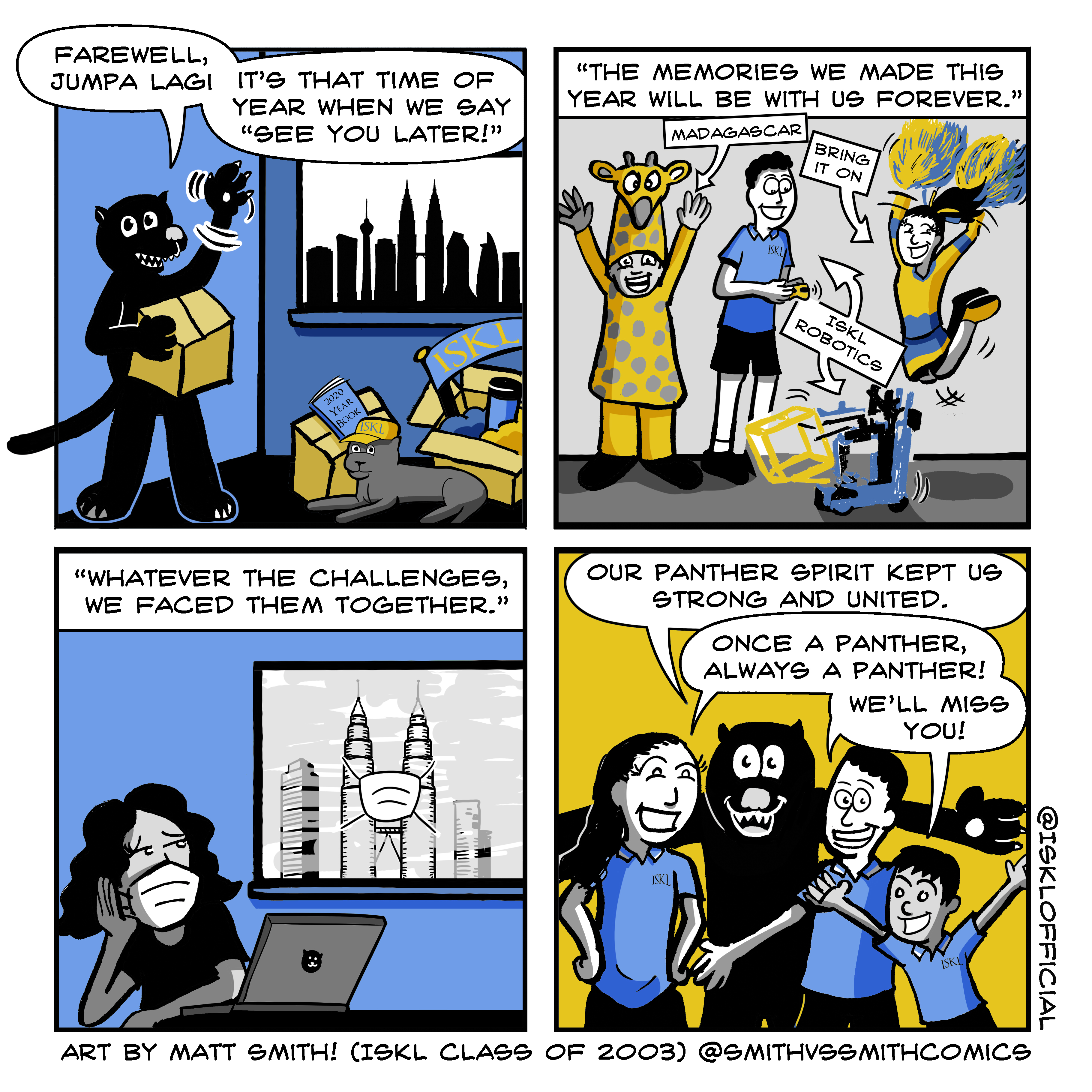
It seemed like just yesterday that your child was learning to walk. Before you know it, he or she is leaving the nest and ready to embark on a new journey to university! As parents, we instinctively want to protect them all the way, but we have to learn to let go and support their independence.
The International School of Kuala Lumpur (ISKL) High School (HS) counselors Allison Lewis and Heather Cook hosted a seminar recently for parents of Grade 12 students from the graduating class of 2021 to help prepare them for their children's transition towards this new phase of life. An emotional ride for both students and parents, it is possible to navigate through this challenging period so that it becomes less stressful. Here are some tips gathered from the insightful talk.
Understand Your Child's Life Experiences
"The authors of 'Third Culture Kids' came up with the Cross-Cultural Kid (CCK) model as they realized that a wide array of people and experiences make up the CCK experience. Knowing where this is coming from will help you understand how this impacts the way a student identifies himself or herself, and the way they feel they belong," said Alison Lewis.
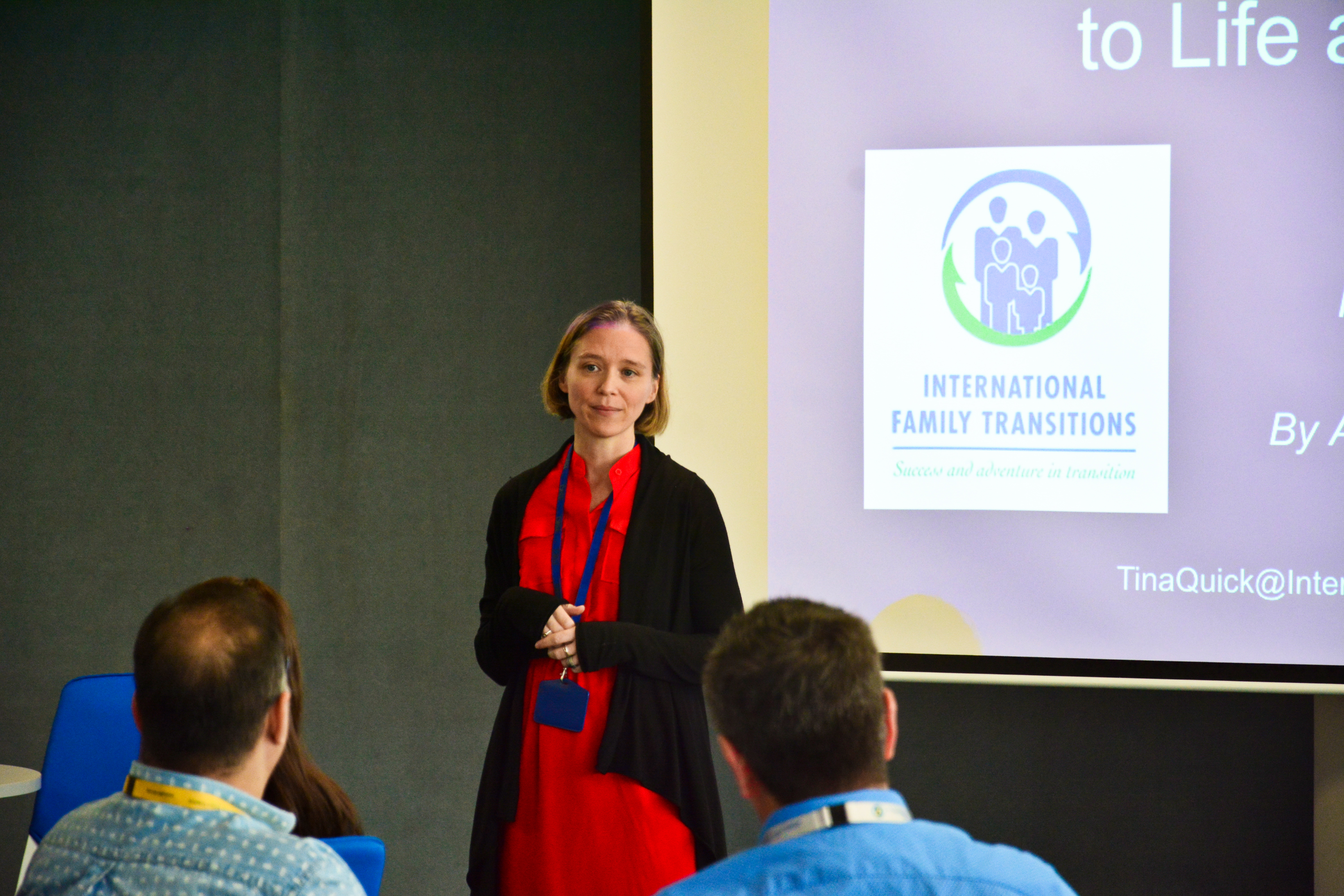
Cross-Cultural Kid (CCK) was first coined to define mono-culture countries moving to another country. It has since been updated to include a 'Third Culture Kid' (TCK), which describes many of the students at ISKL. A TCK refers to a person who spends a significant part of his or her 18 years of life accompanying parents to a different country from at least one parent's passport country due to a parent's choice of work or advanced training.
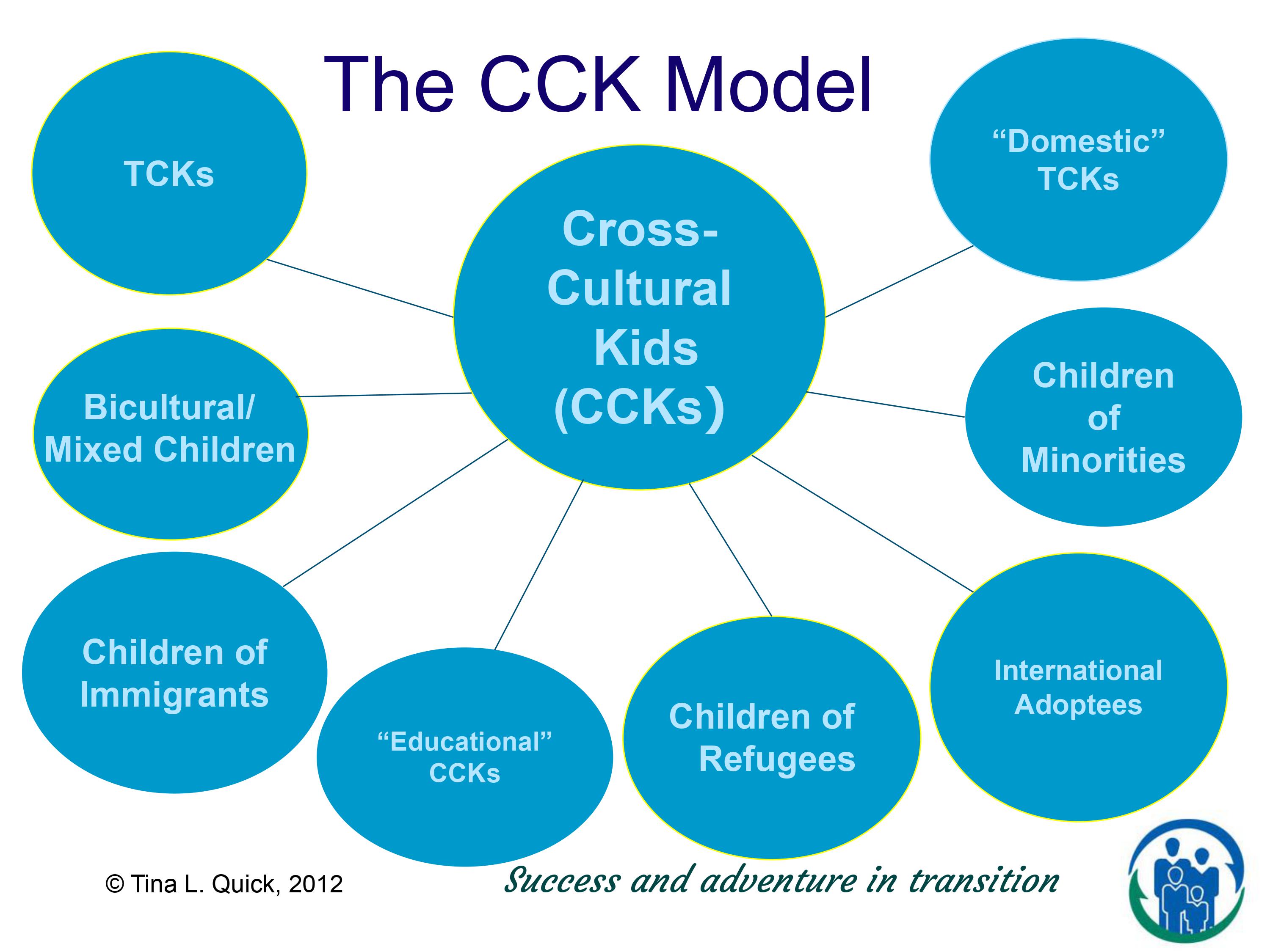
A Third Culture refers to an International Life, neither of the First (home/passport) nor Second (host) culture. While it seems easy enough to adapt to a new country and culture, there are many subtle nuances to a new culture. Alison used the Cultural Iceberg illustration to explain this situation further.
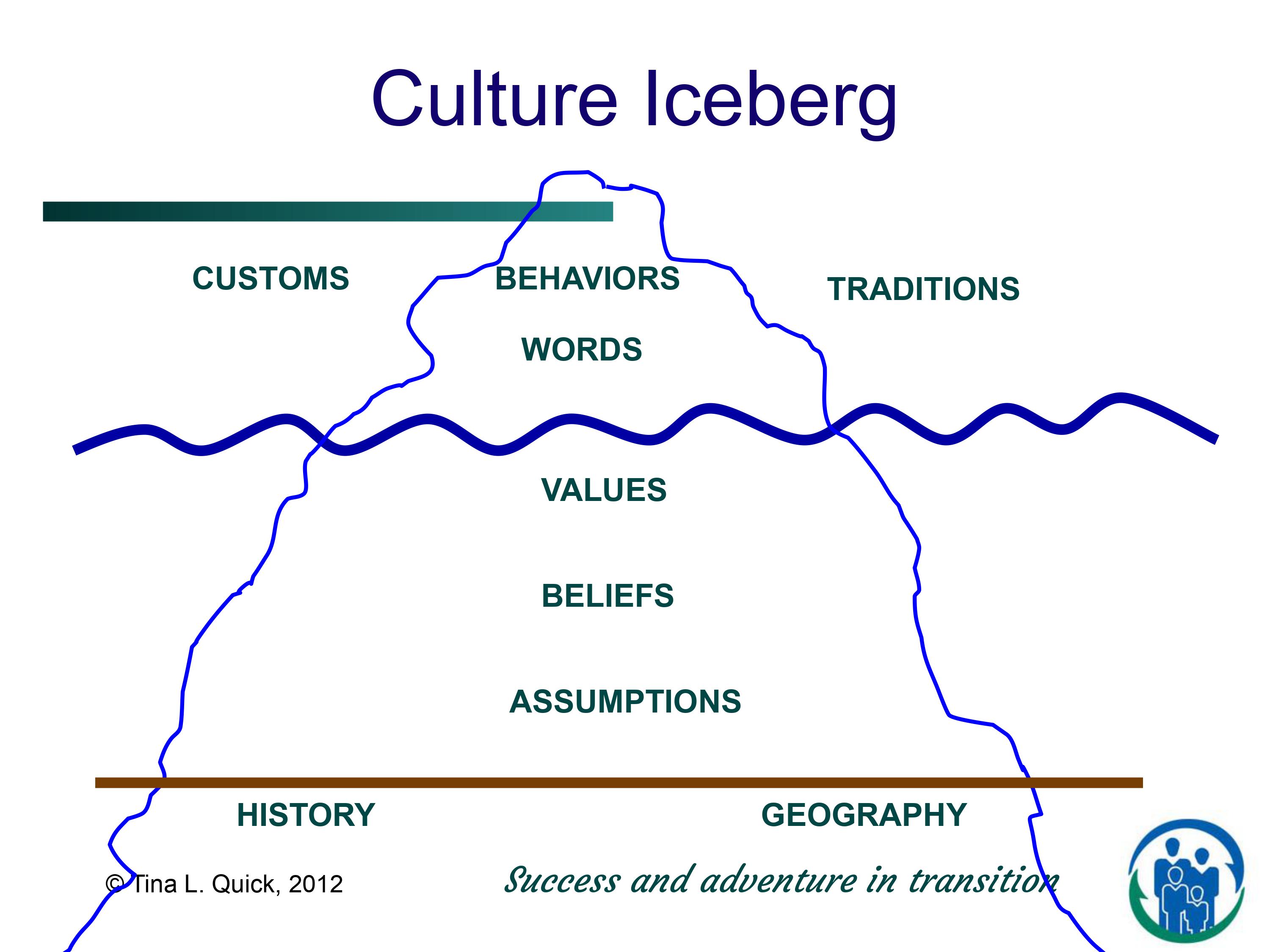
The visible part is just a tiny part of a much more significant portion below the water surface. Similarly, the food, language, or rituals we see of a particular culture are just the external manifestations of a culture's more profound components and core values. It takes a lot more time and effort to understand the deeply rooted values and ideas fully, she explained.
Heather added to this: "For TCKs, they may have moved back and forth from one culture to another before they have completed the critical phase of development of forming a sense of their own personal or cultural identity. This can be difficult for teenagers who are still going through change and finding their path. When they head off to university, they may find it challenging to adapt to the new environment. We advise students to seek and connect with others who have had the same experiences as they have."
Advantages of a TCK/CCK Upbringing
Children who have experienced different cultures benefit from a globally mobile childhood and tend to be more adaptable, resilient, self-confident, and comfortable with diversity.
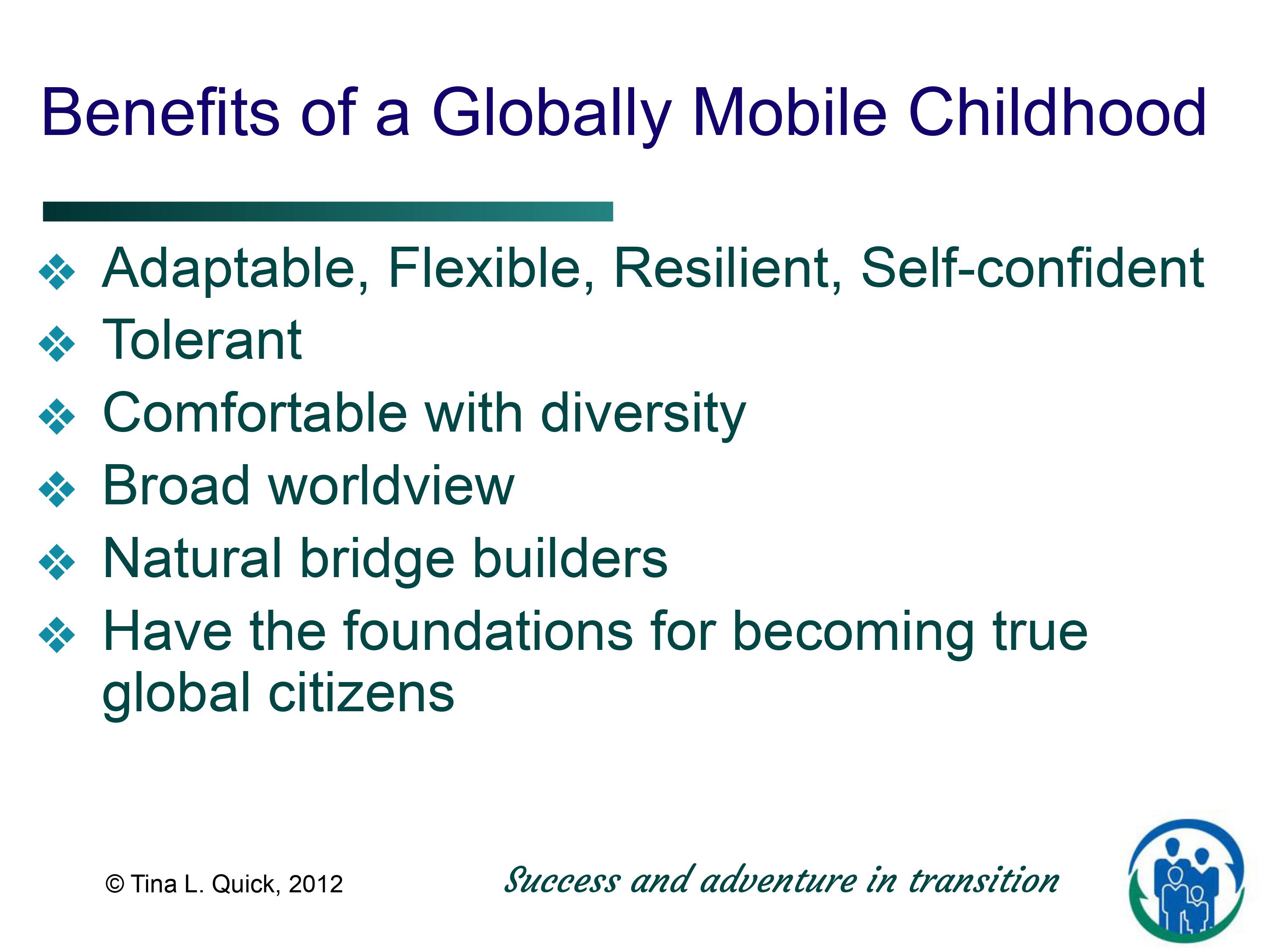
Aliso adds: "They also have a broad worldview and the foundations of being a true global citizen. It can also be challenging as they do not know much about the home country where their parents were raised. They may mature earlier or have delayed adolescence. These children often feel a sense of rootlessness and restlessness which can be a challenge outside the protected international school environment."
TCKs often face challenges sorting out their personal and cultural identity and experience unresolved grief. "Relationship issues are common as they feel they don't fit in and are unable to connect with peers. This can lead to feelings of self-isolation, loneliness, depression, and in a worst-case scenario, even suicidal thinking without the right support system," continued Alison.
Since TCKs experience a high mobility lifestyle, children can have feelings of unresolved grief because of the loss they feel, which is not often discussed, opined Heather. She used the following quote to summarize the scenario: "For most TCKs, a collection of significant losses (friends, teachers, aspects of identity) and separations before the end of adolescence is often more than most people experience in a lifetime."
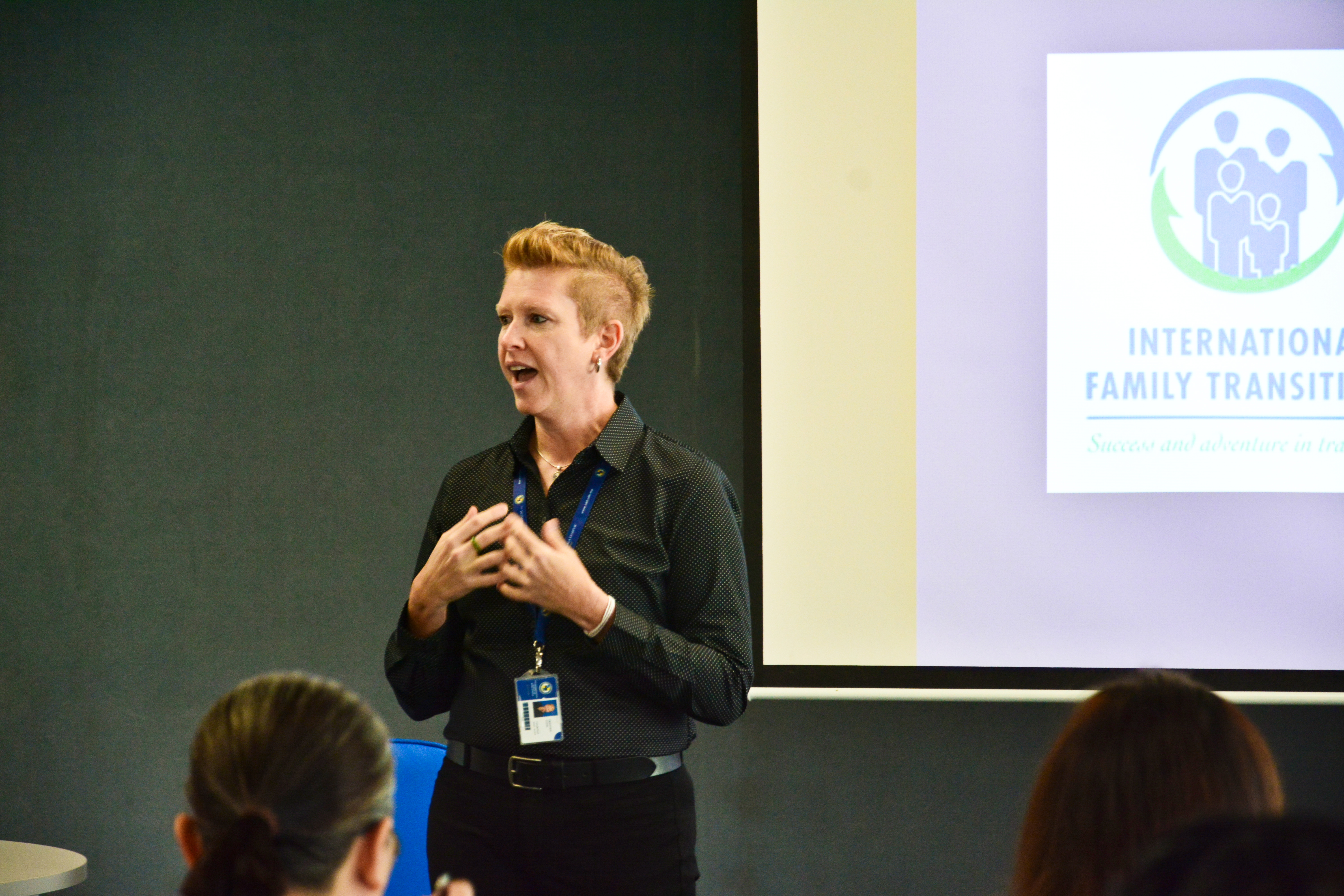
Some losses are tangible, such as a loss of the school, home, or familiar surroundings. "It can also be invisible, for instance, grieving over who they have become," said Heather, adding that these unresolved feelings, if not appropriately addressed, may show up later in life and affect TCKs' ability to form genuine relationships in the future.
"Everyone experiences grief differently. Parents are encouraged to have open conversations with their children to help them come to terms with these feelings and move on," she continued. "Healthy grief" helps you grow, teaches you something, and takes you to a better place.
What To Expect In The Transition
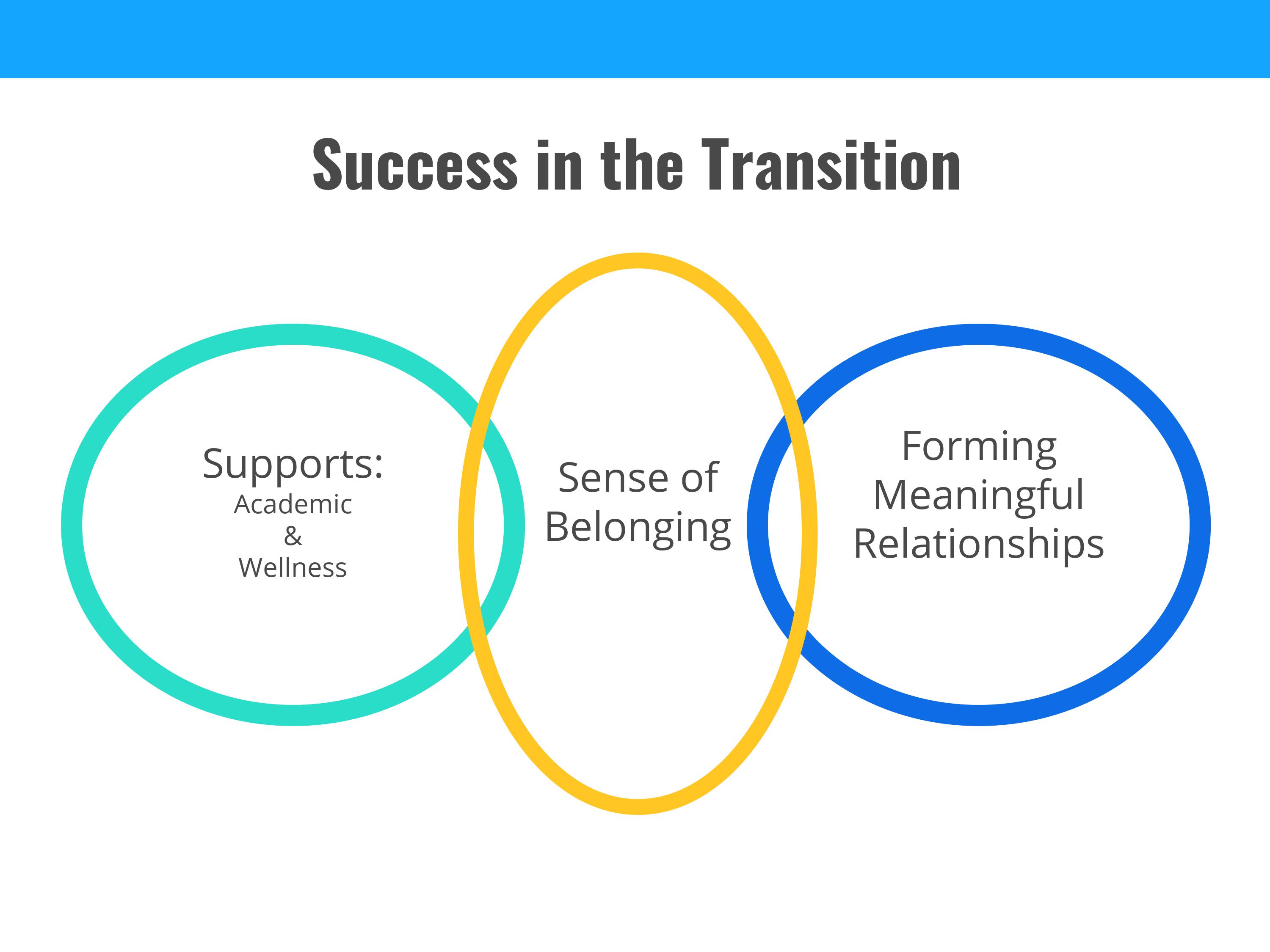
Heather further affirmed that when you are rooted in a community, one's involvement is seen through their participation, sense of belonging, commitment, socializing and being recognized in that place. 'Leaving' is characterized by the loosening of emotional ties, distancing from others, relinquishing responsibilities, and mixed emotions.
"This is where parents will see a difference in communication; kids pull away from their parents, distancing themselves and breaking up relationships. Transition happens the moment we leave one place and ends when we settle into a new one - and this is characterized by chaos, lack of structure, anxiety, and ambiguity," she explained.
As students enter university for the first time, one can expect typical emotional responses such as emotional instability, fearfulness, loss of self-esteem, exaggerated problems and reactions, and anxiety feelings.
"Parents need to be aware of behavior patterns such as an inability to move ahead and thrive, living in the past, and difficulty in completing coursework. If your child seems to be experiencing a sense of deep sadness and depression, you may need to seek professional help," Heather added.
When the student adjusts and makes the conscious decision to become part of a new place, their desire to connect is apparent. Naturally, there will still be feelings of uncertainty, anxiety, and vulnerability, but eventually, they will adapt to university life.
Letting Go and Moving On
The transition to university is difficult because global nomads' life experiences are very different from those who grow up in a stable, traditional, and mono-cultural community. On top of that, students must also deal with homesickness and a lack of practical life skills. So how can one be better prepared?
Alison used the acronym RAFT as a guide for 'leaving right':
- Reconciliation – Be sure your child resolves whatever needs to be done before leaving.
- Affirmation – Thank those who have made an impact on his or her life.
- Farewells – Say your goodbyes.
- Think and Talk – Prepare for the new place.
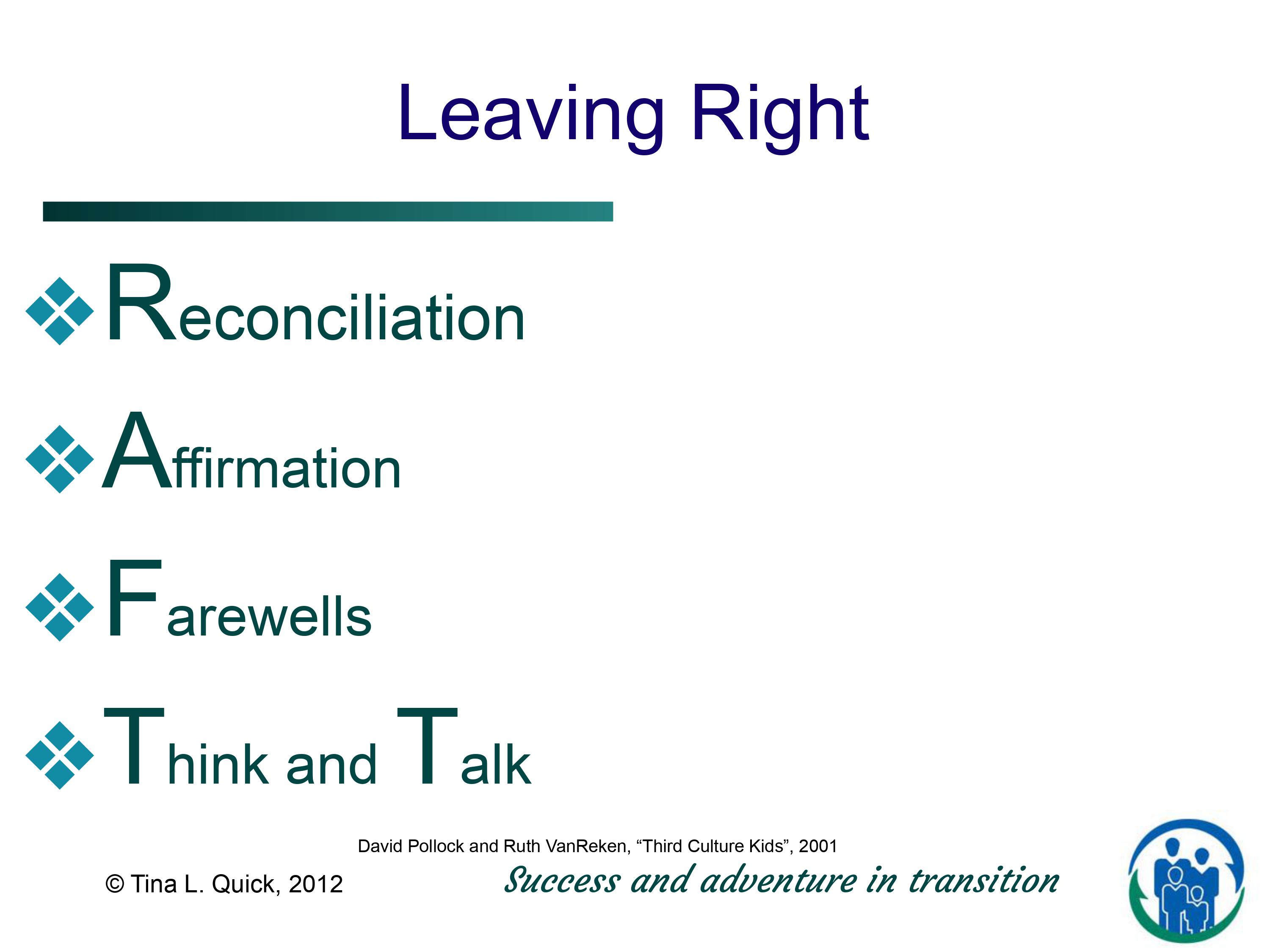
Students should make an effort to find new friends through orientation, clubs, 'multinational' groups, and activities meant to break the ice. "Technology helps to bridge the distance, but there should also be lots of face-to-face connections with other people. Ensure your child is not hanging on to previous relationships from the earlier place," advises Alison.
It is essential that parents lay out some expectations for their children, be it financial, behavioral, or academic. This should be discussed ahead of time so that they are on the same page as you are.
She shared some practical measures which parents can take to ease the transition further:
- Please encourage them to use available campus resources
- Set up a budget and discuss whether a part-time job is necessary
- Be ready for panicked phone calls and seesawing emotions
- Please give it a bit of time before repurposing your child's room
- Have all vaccinations and medical records, a copy of their birth certificate, essential phone numbers, and documents placed in one folder to give to your child
- Prepare a summer address
- Plan parents' weekend and vacation times
As your child prepares to fly from the home nest, parents have a crucial role in preparing them for this important milestone and transition phase. With proper preparation and a clearer understanding of what goes on in one's child's mind, transitioning to university can be a smooth and memorable journey.
For more helpful information such as this, follow ISKL on Facebook, Instagram, or read our blog!
_______________________________________________________________________
About Alison Lewis
Alison Lewis is a part of the five-member high school counseling team at the International School of Kuala Lumpur and the head of the department. She has worked as a counselor for the past 14 years and as a comprehensive high school counselor for the past nine. Before coming to Malaysia, she lived and worked in Rome, Italy, for 13 years. She has been active at conferences in Europe and Asia, presenting at CIS Forum and CIS Earcos Bangkok.
About Heather Cook
Heather Cook is a proud member of our high school counseling team at the International School of Kuala Lumpur. She has been a professional school counselor in Korea, Indonesia, and Malaysia for the past eight years and has worked in education for over 20 years. She is driven to help students meet their full academic, personal, and future potential. As a counselor, teacher, and coach, she feels truly privileged to guide adolescents as they pursue their goals throughout high school and beyond.
About ISKL
Established in 1965, The International School of Kuala Lumpur (ISKL) has become known as a center of excellence in the world of international education. ISKL is a co-educational, private, not-for-profit school responsible for the learning journey of 1,700 students aged 3-18 years representing more than 65 nationalities at its campus in the heart of Kuala Lumpur.
ISKL offers a robust international curriculum which combines leading North American educational frameworks with global best practice. The curriculum recognizes that students are on a lifelong learning journey and is driven by ISKL’s mission to challenge each student to “Be All You Are” and develop the attitudes, skills, knowledge, and understanding to become a highly successful, spirited, socially responsible global citizen.
ISKL is accredited internationally through the Council of International Schools (CIS), and in the United States through the Western Association of Schools and Colleges (WASC). There is a strong focus on service and sustainability across its divisions and is a member of the Eco-Schools organization and the Green Schools Alliance.
Recent Articles
- How Studying at Three International Schools Shaped Isabelle Leung’s Path to Law
- A Home Away from Home Where Your Child Will Thrive
- Bridging Borders: Ng Gha Yuan’s Journey to the Ivy League
- Why More Malaysian Parents Are Choosing International Schools for Their Children
- Happiness vs. Academics: Are We Sacrificing Our Children’s Well-Being for Better Grades?
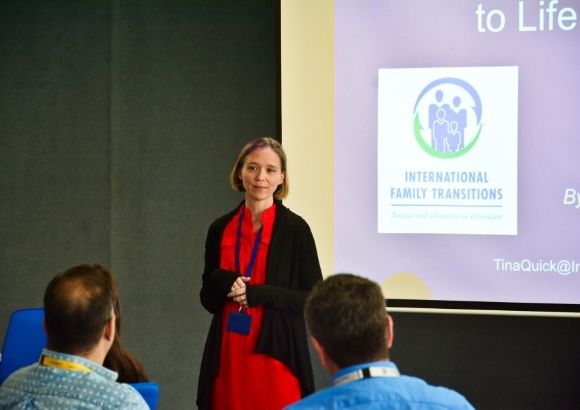






 Login with Google
Login with Google